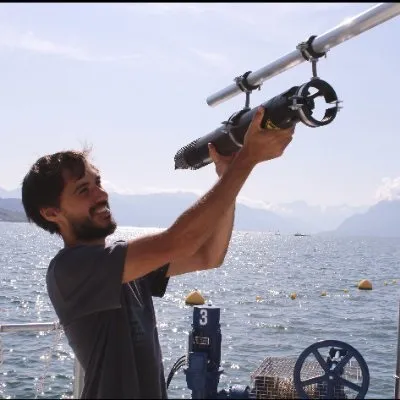Project overview
The Southern Ocean (SO) is a disproportionately important region, relative to its size, for mitigating the consequences of the anthropogenic climate change, being responsible for 43% and 75% of the ocean uptake of anthropogenic CO2 and heat, respectively. The Subantarctic Mode Water (SAMW) and Antarctic Intermediate Waters (AAIW) effect the bulk of this uptake. Yet the dynamical processes that control the formation of these water masses in the thick winter mixed layers to the north of the SubAntarctic Front (SAF), and the associated drawdown of carbon, are not well understood, primarily as a result of the scarcity of data during winter in this remote region. Hence, the present and future evolution of the SO carbon sink remains the subject of vigorous debate. The main goal of the SO-CUP project is to identify and quantify the processes that control the amount of inorganic carbon that is subducted with the SAMW/AAIW. To do so, the work plan integrates the use of recent in situ observations from biogeochemical Argo floats and a state-of-the-art data-assimilating, high-resolution coupled biogeochemical-physical ocean model (B-SOSE). Through analysis of these novel datasets, which allow for unprecedented data coverage of the SO in winter, the SO-CUP project will produce a major step forward toward understanding the ventilation and carbon uptake processes in the SO, and will help to predict their response to ongoing and future climatic changes.
